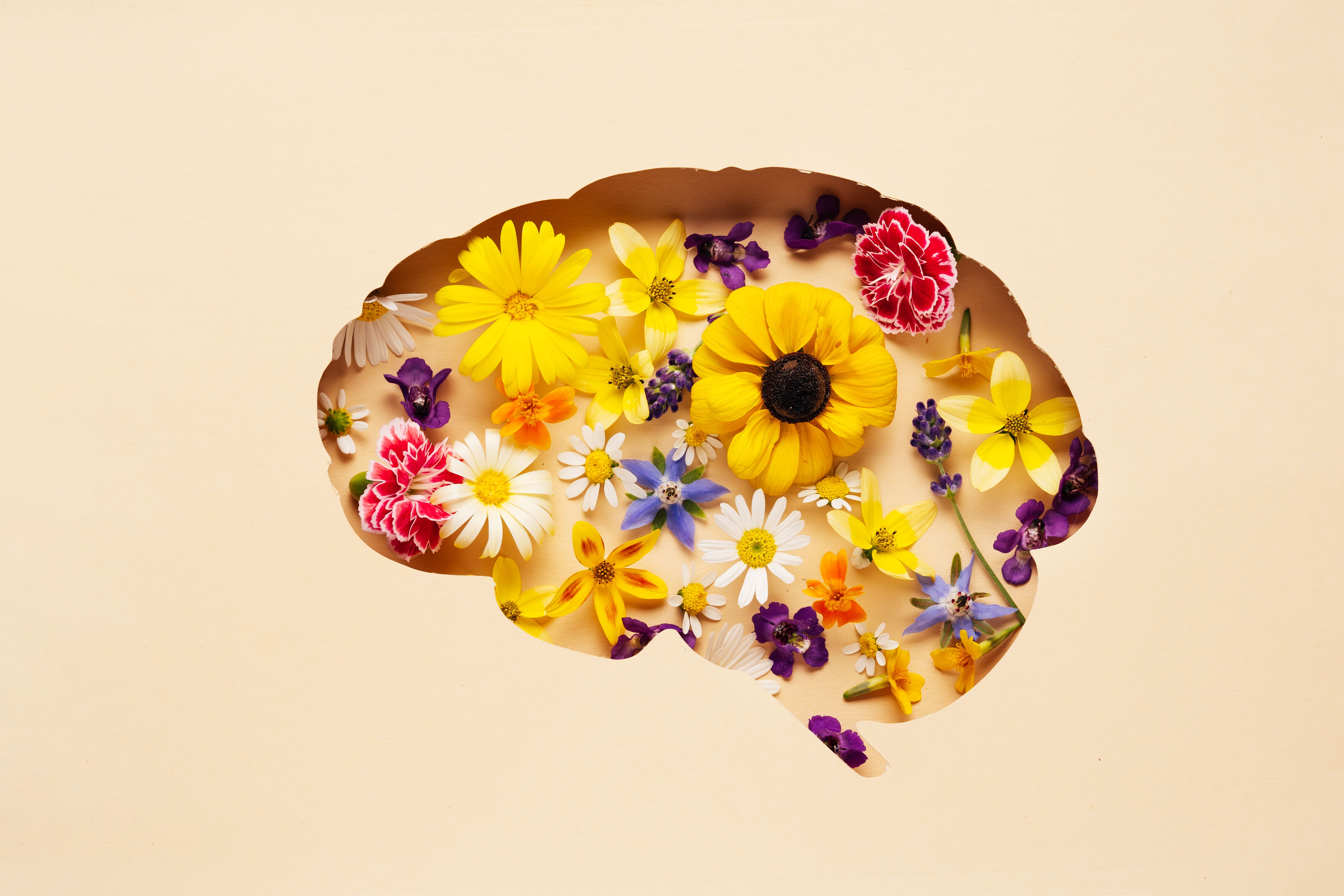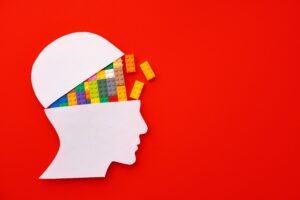 The human biological clock, also known as the circadian rhythm, is a natural, internal process that regulates the sleep-wake cycle and other biological processes in the body. It is driven by a complex network of molecular and cellular mechanisms that are synchronized with the 24-hour day/night cycle.
The human biological clock, also known as the circadian rhythm, is a natural, internal process that regulates the sleep-wake cycle and other biological processes in the body. It is driven by a complex network of molecular and cellular mechanisms that are synchronized with the 24-hour day/night cycle.
The biological clock is controlled by a group of cells in the brain that receive information about light and darkness from the eyes and sends signals to other parts of the body to regulate various processes, including sleep, metabolism, and hormone production.
The biological clock influences many aspects of our physiology and behavior, including our sleep patterns, appetite, mood, and cognitive performance. When the biological clock is disrupted, such as when we travel across time zones or work night shifts, it can lead to sleep disorders, mood disturbances, and other health problems.
Circadian rhythm disorders refer to a group of conditions where there is a disruption in the normal 24-hour cycle of physiological and behavioral processes that govern our sleep-wake cycle. These disorders can affect the timing, quality, and duration of sleep and wakefulness, and can lead to a range of symptoms, including fatigue, daytime sleepiness, mood disturbances, and impaired cognitive function.
Some common types of circadian rhythm disorders include:
- Delayed Sleep Phase Disorder (DSPD): A condition where an individual’s sleep-wake cycle is delayed by a few hours, making it difficult for them to fall asleep and wake up at socially acceptable times.
- Advanced Sleep Phase Disorder (ASPD): A condition where an individual’s sleep-wake cycle is advanced, causing them to fall asleep and wake up earlier than desired.
- Non-24-Hour Sleep-Wake Disorder: A condition where an individual’s internal biological clock is not synchronized with the 24-hour day-night cycle, leading to progressively later sleep and wake times.
- Shift Work Disorder: A condition that occurs in individuals who work night shifts or rotating shifts, leading to difficulty sleeping during the day and difficulty staying awake at night.
Circadian rhythm disorders can be caused by a range of factors, including genetic predisposition, changes in external environmental cues (such as shift work or travel across time zones), and lifestyle factors (such as irregular sleep schedules, poor sleep hygiene, or use of electronics before bed). Treatment for circadian rhythm disorders may include behavioral changes (such as maintaining a regular sleep schedule, light therapy, and relaxation techniques), medication, and/or counseling.




